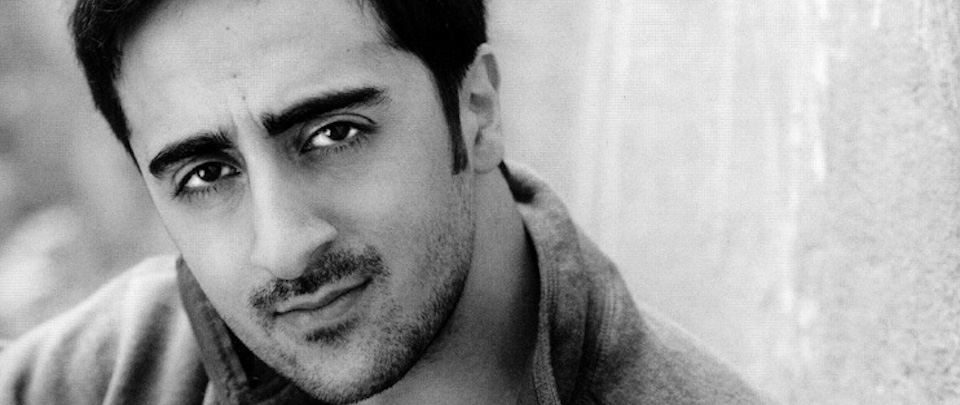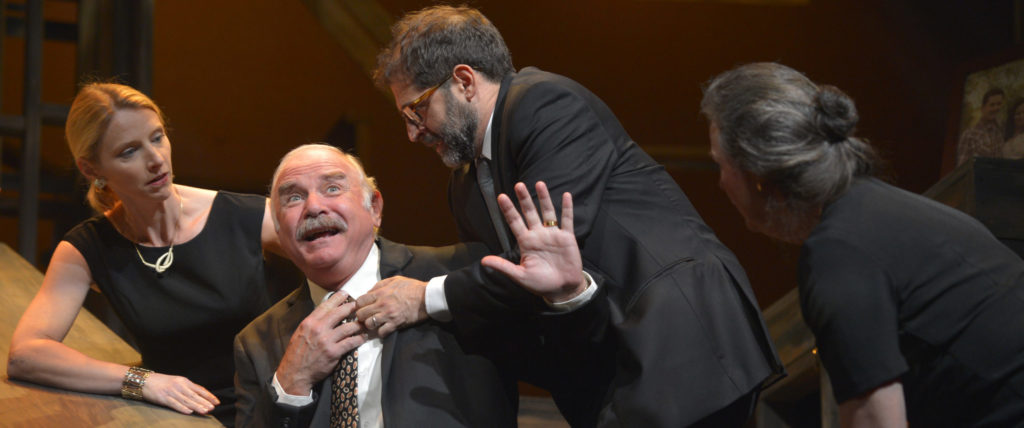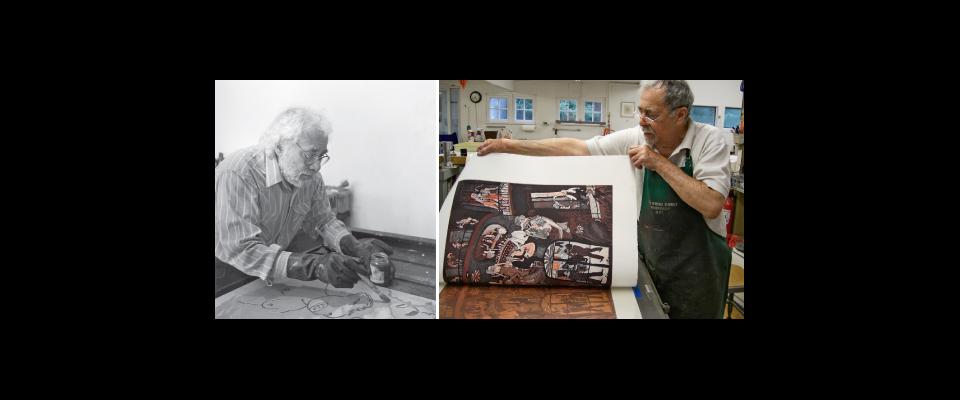Actor Amir Talai says his mass communications courses at UC Berkeley taught him to think about how the choices he makes affect society. In particular, he considers whether the roles he’s offered may perpetuate negative stereotypes.
That’s probably less obviously a concern with some parts, like voiceover work for the Kung Fu Panda series and a role in the second Harold and Kumar movie or the odd commercial, but now he’s appearing in the Obie-winning An Octoroon currently at Berkeley Repertory Theatre. Talai plays multiple roles, including slaves Pete and Paul, of whom he says “These characters are so one-dimensional,” they’re complete stereotypes. “There’s a straight line between these two and the literal dehumanization of black people, so to show that is a positive choice.”
The play’s director, Eric Ting, says that to play intentional caricatures like Pete and Paul isn’t easy, but Talai does it perfectly, and is “a phenomenal comic actor and a phenomenal physical actor.” Ting, who is also artistic director of California Shakespeare Theater (Cal Shakes), has gotten a lot of attention for his attempts to bring contemporary issues to theater—such as holding discussion groups on gender violence and Islamophobia during a Cal Shakes staging of Othello.

The play, which The New York Times called “this decade’s most eloquent theatrical statement on race in America today,” has gotten raves from critics and audience members, as well as walkouts by the offended. It’s actually adapted from an 1859 melodrama by Dion Boucicault that was wildly popular in its day—it’s the story of a struggling white plantation owner who can’t marry the woman he loves because she is one-eighth black. The adapting playwright, MacArthur Fellow Branden Jacobs-Jenkins, kept a lot of the elements of the melodrama, while adding contemporary language and situations. There’s a mustache-twirling villain, a rabbit playing the piano, and the characters put on black face, red face, and white face. The result combines the antebellum South and contemporary cultural politics. Ting says, along with race and slavery’s legacy, An Octoroon explores and explodes conventions of melodrama.
Talai feels proud to be in An Octoroon, because “It makes people question so many assumptions, and that’s important,” he said. “We are all so used to digitally yelling our opinions at each other, and I think some self-interrogation and introspection is important especially from progressives because we’re the ones who say we value that.”
Every night after the play there’s a moderated discussion where audience members struggle to make sense of what they just saw. Talai calls the play funny and also subversive.
“The ugliness of slavery is portrayed in a comedy, so that’s unsettling,” he said. “It manages to be funny without being flip, which is just a really tough tightrope to walk. Then the form is so subversive where we talk of doing a melodrama, and then sort of do a melodrama. That’s unsettling for an audience, probably.”
Talai, a San Francisco native and an activist who works on voting rights issues and sits on the boards of Healing Justice and The Story of Stuff, thinks his commitment was nurtured by growing up in the area as well as his background.
“Being an Iranian-American from a Muslim family I always related to anyone who feels marginalized because of identity,” he said. “And I’ve always felt equality is so attainable, and that’s why I’m so passionate about it.”




















